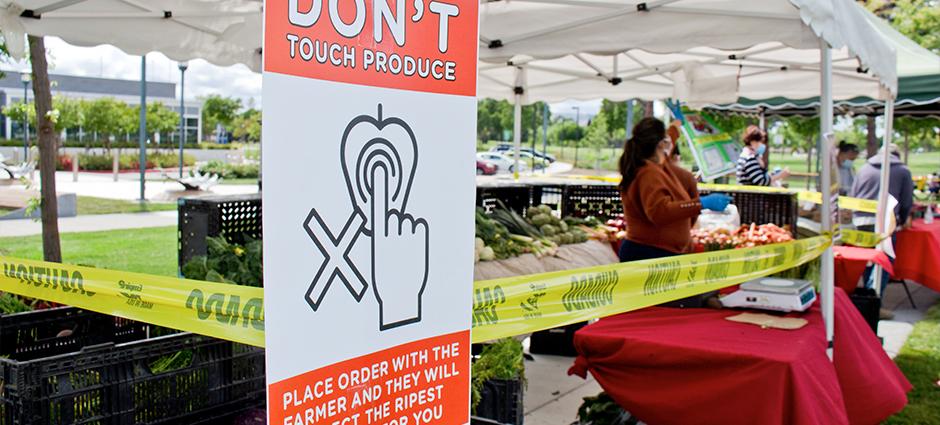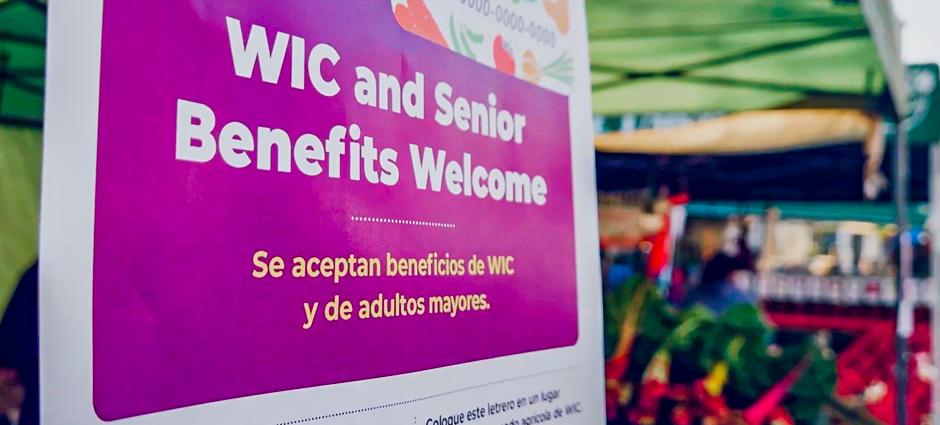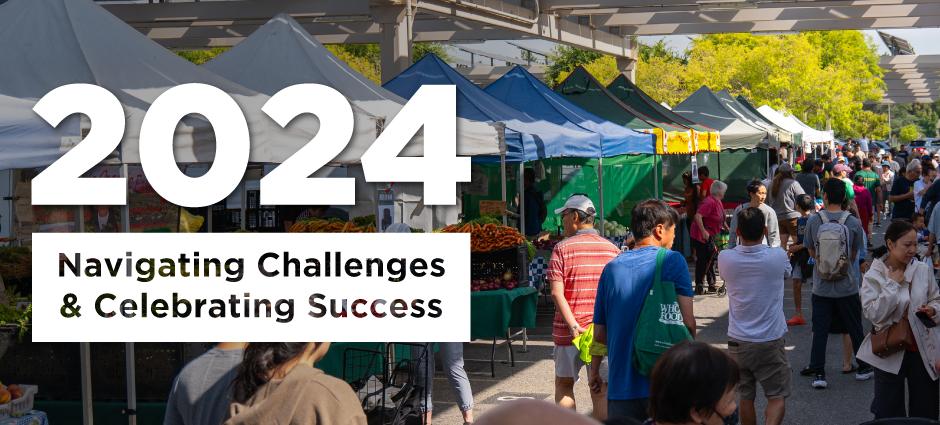After Two Years of Pandemic, Searching for the New Normal
It has been two years since COVID-19 reached California. Since that time, so much has changed. Nearly a million Americans have lost their lives to the pandemic, many others have recovered from COVID but are still dealing with the lingering impacts of the disease, and everyone has had to deal with the stress created by job losses, school shutdowns, business closures, and other economic disruptions.
In his State of the Union speech last week, President Biden spoke about moving from the pandemic to the endemic stage in dealing with COVID. As the state of California and Bay Area counties lift mask mandates, there is more and more talk about a return to normal. But after two years of continual crisis, is it possible to return to our pre-pandemic normal, or should we be focused on building a new normal that accepts that some of the changes we saw over the past two years will remain as a part of our regular routine? This question of a return to normal or progress towards a new normal is one that we are deliberating at PCFMA.
In the weeks before the pandemic was officially declared, we suspended sampling in all our farmers’ markets and in the weeks after the shutdowns began, we instituted requirements that customers could not touch produce before they purchased it and had to wait in line, six feet apart, until the farmer was ready to assist them. For many months, in response to local health orders, we required everyone in our farmers’ markets – sellers, customers, and our staff – to wear masks. All of these new restrictions have ended, with sampling returning to our farmers’ markets this month. So, from customers’ perspective, their farmers’ market experience may appear to once again be “normal.”
While we are excited to shift from the continual enforcement of pandemic rules to once again a focus on making our farmers’ markets fun places to shop, we are focused on preparing for a potential new crisis. In the COVID endemic phase, a new variant could impact our staff, our farmers and other vendors, or our communities. We are also thinking about the other challenges that emerged in Bay Area communities over the past two years: severe wind events, wildfire smoke, heat waves, mass protests, and threats of violence – and remembering that the entire Bay Area is prone to earthquakes. While that list is large enough to make anyone want to get back into bed and hide under the covers, we are instead rolling up our sleeves and designing strategies to sustain our farmers’ markets and their essential service to Bay Area communities, despite whatever crises may emerge.
One challenge that we are facing is the complex regulatory environment in which farmers’ markets operate. California law requires that any farmer who wishes to sell in a farmers’ market receive a “Certified Producers Certificate” from their local county agricultural commissioner that lists the products they are growing. This “CPC” also lists the counties in which the farmer is authorized to sell. If a farmer is found by an agricultural inspector selling in a farmers’ market in a county that is not on the authorized list, that farmer and the farmers’ market could both be penalized.
For example, PCFMA’s Sunday morning markets in Milpitas and Fremont’s Irvington community are less than 12 miles apart but are in different counties – Milpitas in Santa Clara and Irvington in Alameda. If an emergency forced one of those markets to close, we could only allow farmers from the closed market to sell in the market that remained open if their CPC included the county of the open market. If not, that farmer would be unable to sell in the market that remained open. Food vendors face even more significant challenges as their permits are often tied to a specific farmers’ market instead of a county. The lessons of the past two years demonstrate that we need to ensure that the regulations designed to keep us safe, don’t create unnecessary obstacles in the case of emergencies. We are working to engage our partners and other farmers’ market operators in a discussion of regulatory changes that would remove potential impediments to farmers’ market operations during the next crisis.
As we move towards whatever this new normal will look like, we remain committed to connecting our communities with the very best food, grown by California’s hard-working farmers.

Allen Moy
Executive Director


